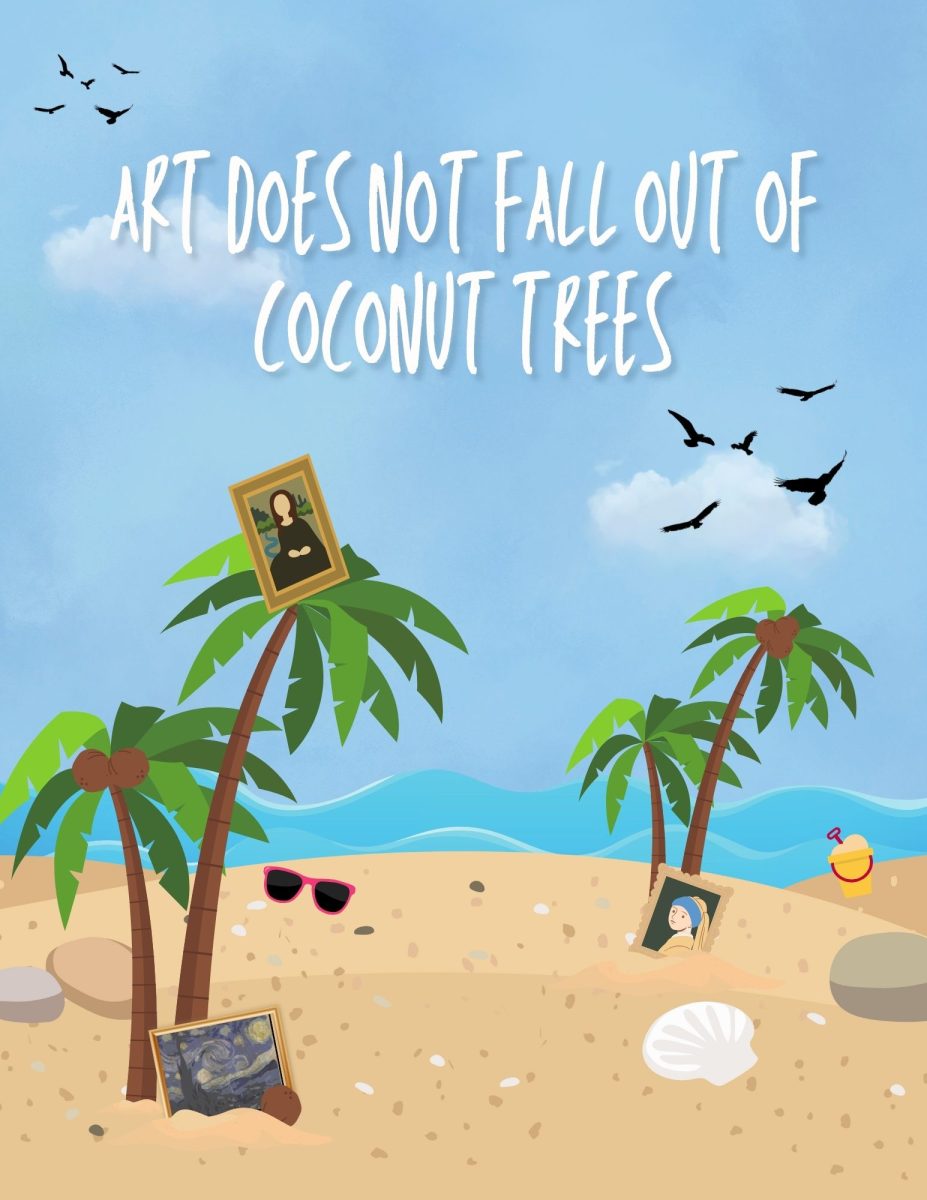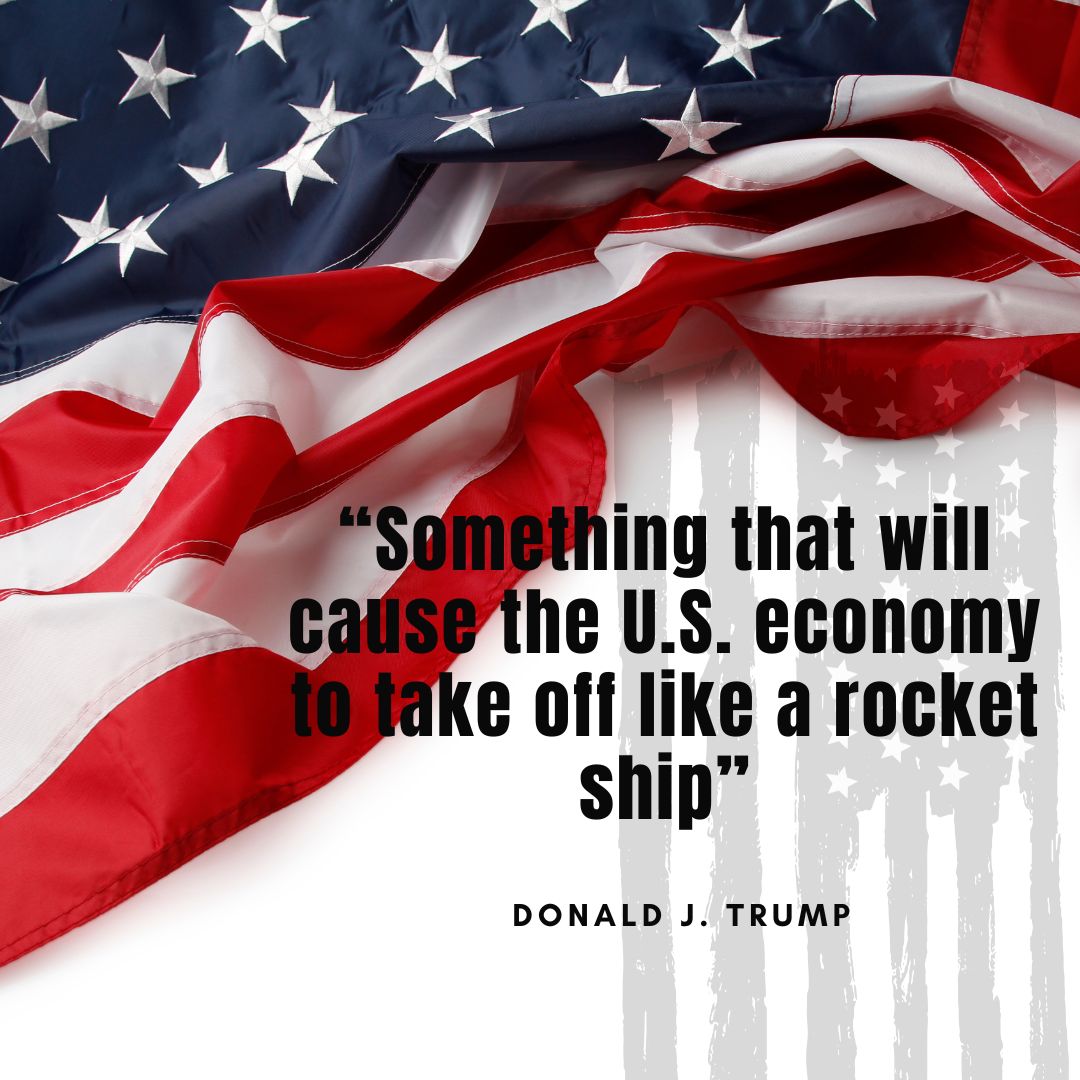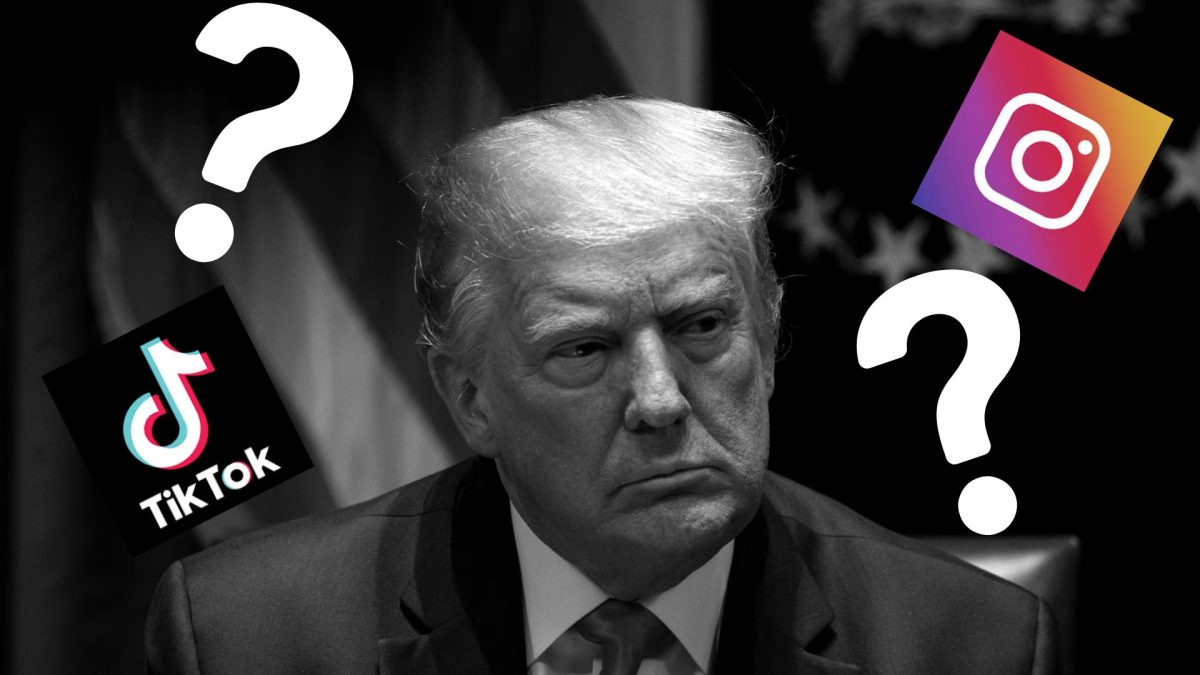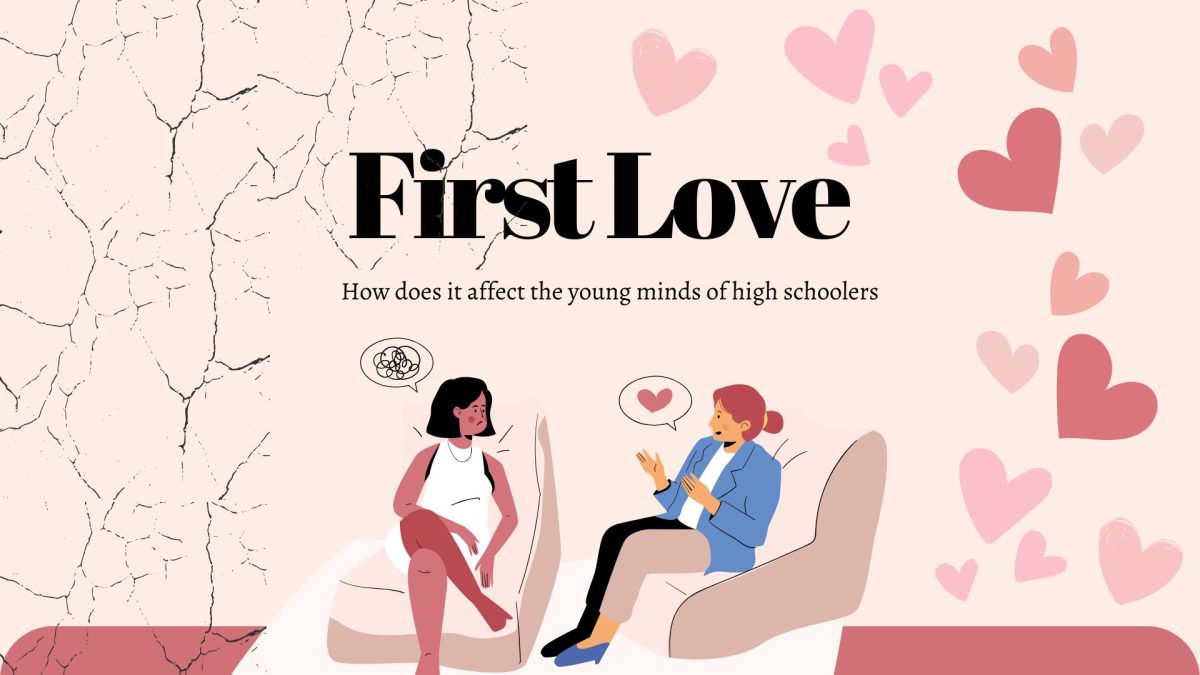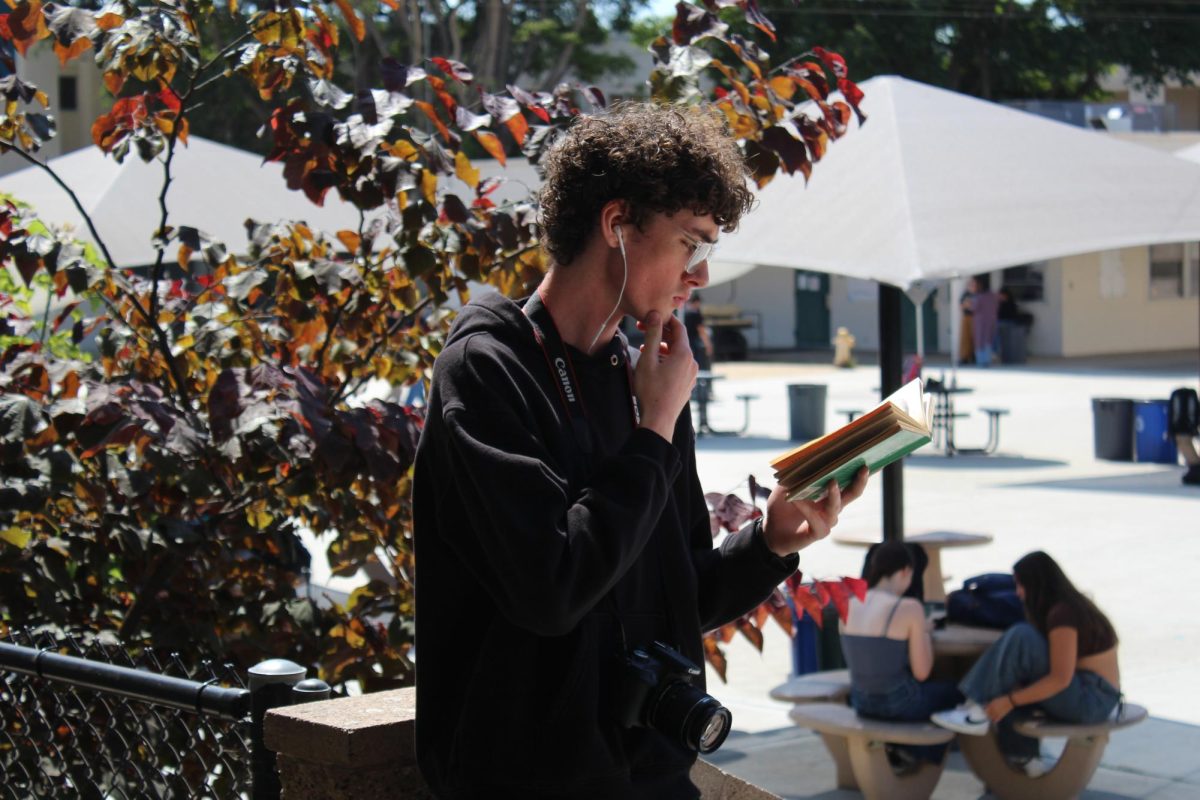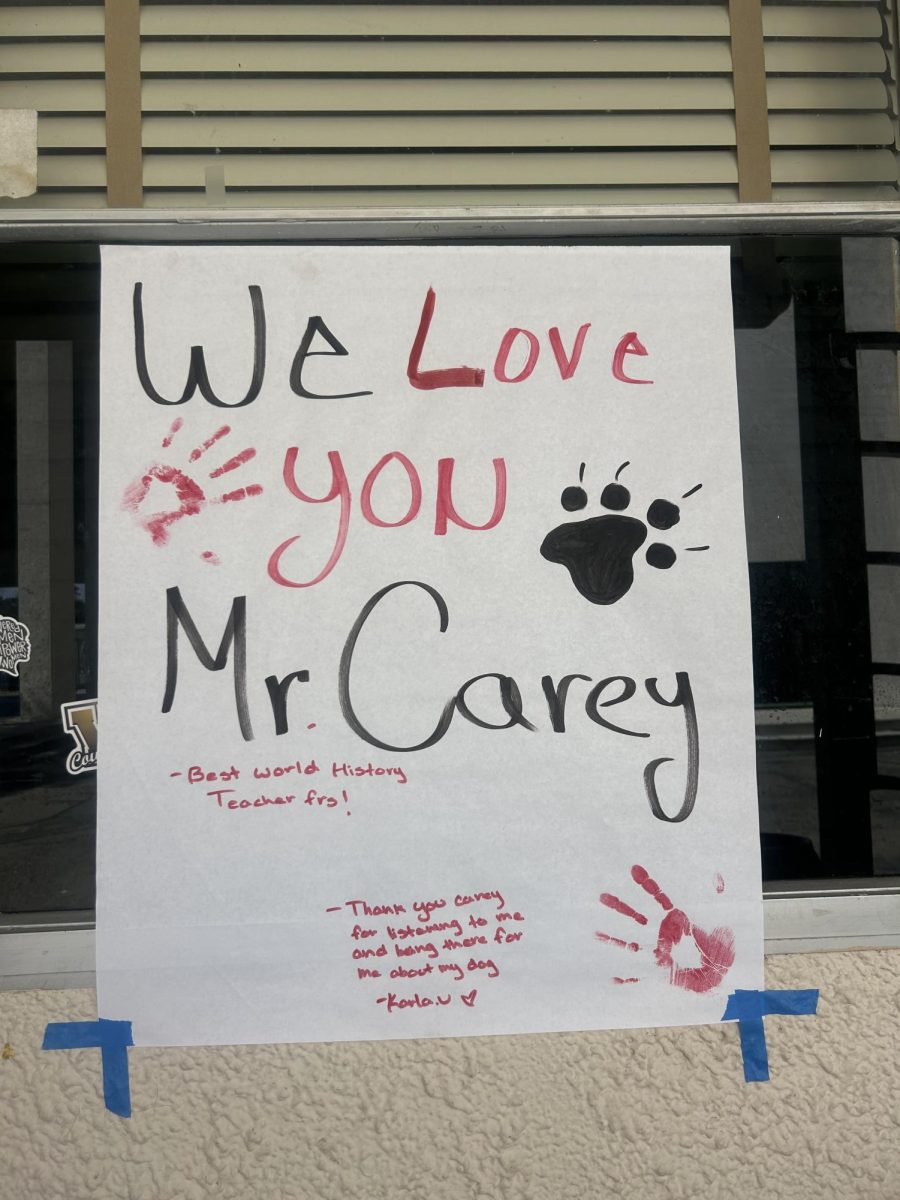Can we separate the art from the artist?
When it comes down to separating the art from the artist, there are a few things to consider. When should the two be separated? Will the way we see art change for the better or for the worse? Especially now with the media, word spreads around fast. Many artists have been called out for their actions and there have been long standing debates about whether their creations can be enjoyed amidst their controversy.
Two things can be true at once: a good artist can be a bad person. No person can be defined by one label. As hard as it is to accept, that is just one of the many complexities that come with being human. Having talent does not automatically grant someone the title of a saint.
Additionally, I also think it is universally agreed that we should all be held responsible for our own actions. We can only grow from our mistakes if we accept the consequences that follow.
Kamala Harris said, “Everything is in context…[my mother] would say to us, ‘You think you just fell out of a coconut tree?’ You exist in the context of all in which you live and what came before you.” I believe this can also be applied to art. To fully understand it, you have to understand the context from which it is derived.
I believe that much of the art we consume is an extension of the artist as well as their experiences. Separating that context makes it really hard to connect with the art which is why English classes analyze rhetorical situations of literature. Even though one’s work can be defined by the artist, the artist cannot be accurately defined by their work because humans have different fragments of themselves that are subject to change that cannot be accurately defined.
English teacher Edith Linares said, “Overall I think this topic has a lot of gray areas, but deep down I think that literature is one of the greatest exceptions for separating the art from the artist. This issue is something that I think about often when deciding which stories or novels to use for my students. It would be remiss of me to ignore that many authors of the ‘classics’ said or committed some morally questionable things in their life. However, I equally believe that dismissing their work completely for said actions would be a grave mistake—doing so would mean erasing many significant cultural and intellectual contributions.”
Because of this, I do think you can separate the art from the artist to some extent without taking the context away from their work. Having the capability to separate the art from the artist, however, does not mean that artists are exempt from taking accountability for their actions. Separating the art from the artist brings into question: Should we consume works by artists who contribute to harm?

Many fans of controversial artists such as Kanye West or J.K Rowling have stopped supporting their work as a way to hold accountability, believing that their support will enable such celebrities to repeat their actions while others justify their continued support by arguing for separating the art from the artist.
“Accountability means ensuring that a celebrity faces a punishment for their action, thus holding them accountable. On the other hand, cancel culture means being canceled and ostracized without question and without the ability to seek redemption. I strongly oppose cancel culture and support the latter, since accountability allows for the possibility of growth, which is essential for progress in society,” said Linares.
Likewise to Linares’ statement, I agree that celebrities should be held accountable and given room to grow. However, there is a gray area as to how celebrities should be held accountable and when such celebrities have made up for their wrongdoings without labeling it as cancel culture.
All in all, I strongly believe everyone should be mindful of what they consume and what it can contribute to in the future. When holding celebrities accountable, remember that they are humans, not products or idols and lastly, art does not fall out of coconut trees.



